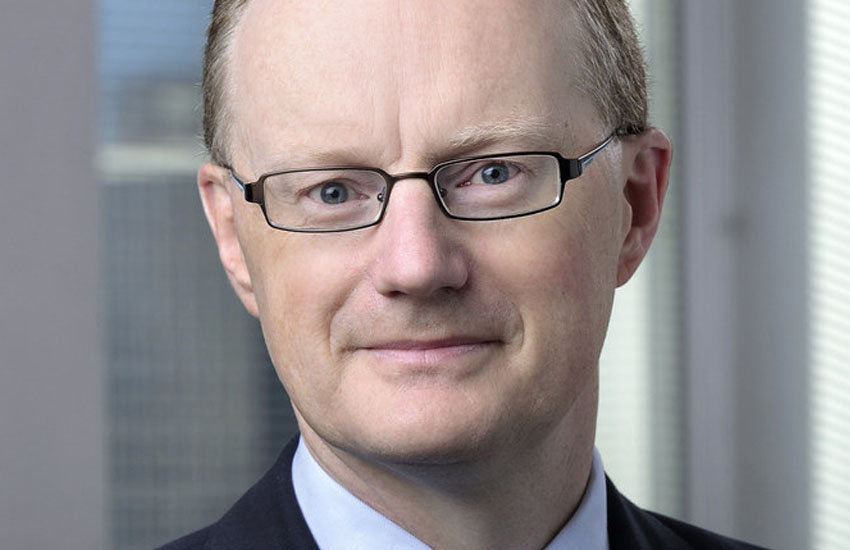Mr Lowe told the House of Representatives Standing Committee on Economics that the country would soon have to “confront the reality” that there would be businesses that are no longer viable because of the pandemic and would have to close once temporary insolvency relief measures come to an end on 24 September.
“There will be insolvencies. There will be bankruptcies. There will be some businesses that will not recover. That’s the harsh reality of an economic downturn that’s the worst in 100 years,” Mr Lowe said on Friday.
You’re out of free articles for this month
“My hope is that, to the extent that businesses are going to fail, and there will be failures, this can be smoothed out over time, because it’s in no one’s interest for large numbers of firms to go bankrupt at the same time.
“It’s the unfortunate, and the harsh reality and the human cost. We know many small businesses around the country are very worried about it. So, it’s important that support measures remain in place and that, as they’re gradually wound down, it’s a staggered process rather than going over a cliff.”
The six-month-long insolvency relief measures in place since 25 March include temporary relief for directors from any personal liability for trading while insolvent, and a temporary increase in thresholds and more time to respond to demands from creditors.
RBA assistant governor Luci Ellis said the central bank’s business liaison program, which meets with businesses and associations across various industries in every state, has also raised an alarm over impending insolvencies.
“We do hear from our liaison contacts that they’re worried that there will be many insolvencies, particularly in construction, retail and hospitality, but we haven’t seen it yet,” Ms Ellis said.
“That’s partly because of the rules and partly because of the many other measures to tide people over during this difficult period.
“In fact, the insolvency practitioners in our liaison program, while not exactly twiddling their thumbs, are not seeing the flow of business that they were expecting from either businesses or households.”
Small businesses not borrowing
Mr Lowe also noted that demand for credit by small businesses continued to be “quite weak”, an issue that had been present for “years and years” before the pandemic hit.
“At the moment, our sense from talking to the banks and even to some of the small business associations is that not many businesses want to borrow,” he said.
“They don’t want to borrow because they’re so uncertain about the future they’re not investing. They are really in preservation mode.”
Mr Lowe also downplayed the idea of negative interest rates, noting that the lack of appetite by small businesses was not down to high interest rates but a fear of an uncertain future.
“It’s not surprising,” Mr Lowe said. “Why would you go and borrow at the moment, when there’s so much uncertainty about the future?”
Jotham Lian
AUTHOR
Jotham Lian is the editor of Accountants Daily, the leading source of breaking news, analysis and insight for Australian accounting professionals.
Before joining the team in 2017, Jotham wrote for a range of national mastheads including the Sydney Morning Herald, and Channel NewsAsia.
You can email Jotham at: This email address is being protected from spambots. You need JavaScript enabled to view it.

 Login
Login







